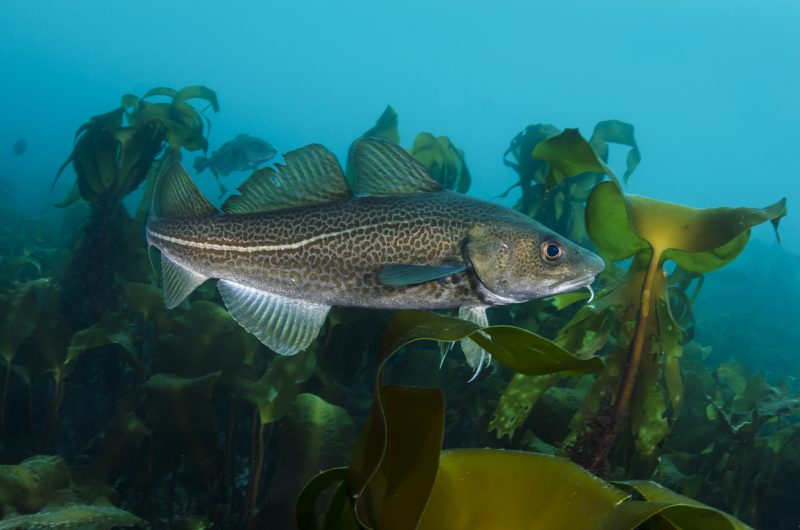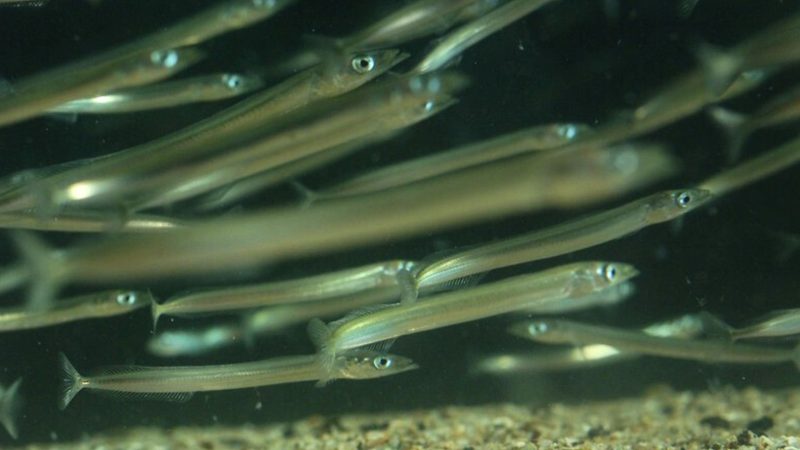Prof Daniel Laffoley from the International Union for the Conservation of Nature and Charles Clover, Executive Director of BLUE, visited Bermuda last month at the invitation of the government to join in the first evaluation by any country of its conservation estate against new international guidelines. Bermuda did extremely well.
Here is the speech Prof Laffoley gave at the Bermuda Aquarium on April 26 in front of the Premier, Michael Dunkley, and Minister Cole Simons who began the initiative back at the IUCN Congress in Hawaii last year. Dr Ian Walker, principal curator, has just introduced Prof Laffoley, who is from Jersey.


Many thanks Ian Walker for those kind words of introduction. Honourable Michael Dunkley Minister Cole Simons, distinguished guests, ladies and gentlemen – friends.
It is a pleasure and honour to be here and I would like to thank Susan Wilson [chair of the Marine Resources Board] and her son Kevin, and Drew Pettit and Sarah Manuel and the Department staff for their warm welcome.
As Ian has just said I am an islander and living in a small contained environment, with nature on the doorstep has given me the perspective, connection and passion that has fuelled my career. So I am happiest by the sea and feel so very at home here.
It is also a pleasure as this trip arose out of discussions between friends. Charles Clover, and of course Susan Wilson and Ken Vickers. So we saw an opportunity to recognise and support existing conservation efforts and that why I am here.
And when I think of conservation Bermuda is particularly apt. Such a long history of action due to your close association with your environment.
– the first conservation laws in the New World were passed here in Bermuda – for turtles
– and what a success story that is for the recovery of your endemic petrel – the cahow
– special measures for corals and seagrasses, and species on land
– and recognition of that fragile balance with exploitation – banning fish traps back in 1990 for the benefit of coral reef health
So why I am here is to see how Bermuda can take advantage and champion recognising conservation achievements.
Nearly a decade ago now the countries of the world came together to assess progress on environmental targets under the Convention on Biological Diversity. One of those assessments was about the protection of nature and they came to the view that world had been missing a trick – by only focussing on protected areas they were missing the contribution that other effective area-based conservation measures should have to a countries’ conservation estate – if I can call it that – on land, in freshwater and in the sea.
So this new concept – we can call it conserved areas – areas that are effectively conserved but are not in protected areas or national parks.
– so think of how protecting say an area of seabed for wrecks also protects nature
– so think how private reserves on land make valuable contributions for nature
So this extension of thinking is about recognising and celebrating existing efforts for nature in a way we have not brought together before.
In my book recognition leads to better valuing and appreciation of what is being done – a more inclusive and comprehensive approach.
So I’m here to discuss how Bermuda’s existing laws and conservation measures stack-up against the latest international conservation guidelines.
It is very early days but worth noting that tonight marks a global milestone in exploration.
– a milestone because we are testing advice developed by over 100 experts from across the world – so people know what to look for in other effective area-based conservation measures
– a milestone because it is the first time we have done this with a country
– and a milestone because that country is of course Bermuda!
So this discussion is new and internationally important because lots of places do not have some of the laws and measures for conservation of nature that you have here – and they would be better for them.
We are already finding in this review that on a global scale Bermuda actually does extremely well!
So as you said Minister at our World Conservation Congress in Hawaii late last year….
“It puts Bermuda back in its rightful place as a leading player in the global conservation debate.”
“It enables Bermuda and her people to celebrate and reinforce the protection for nature she already has.”
So perhaps all this is turning out to be is about taking an opportunity created at a global scale – showing how your existing measures can be really celebrated at a global scale – and they finally in turn feeding your experiences back as a great contribution into conservation action for the world.
Thank you.


















